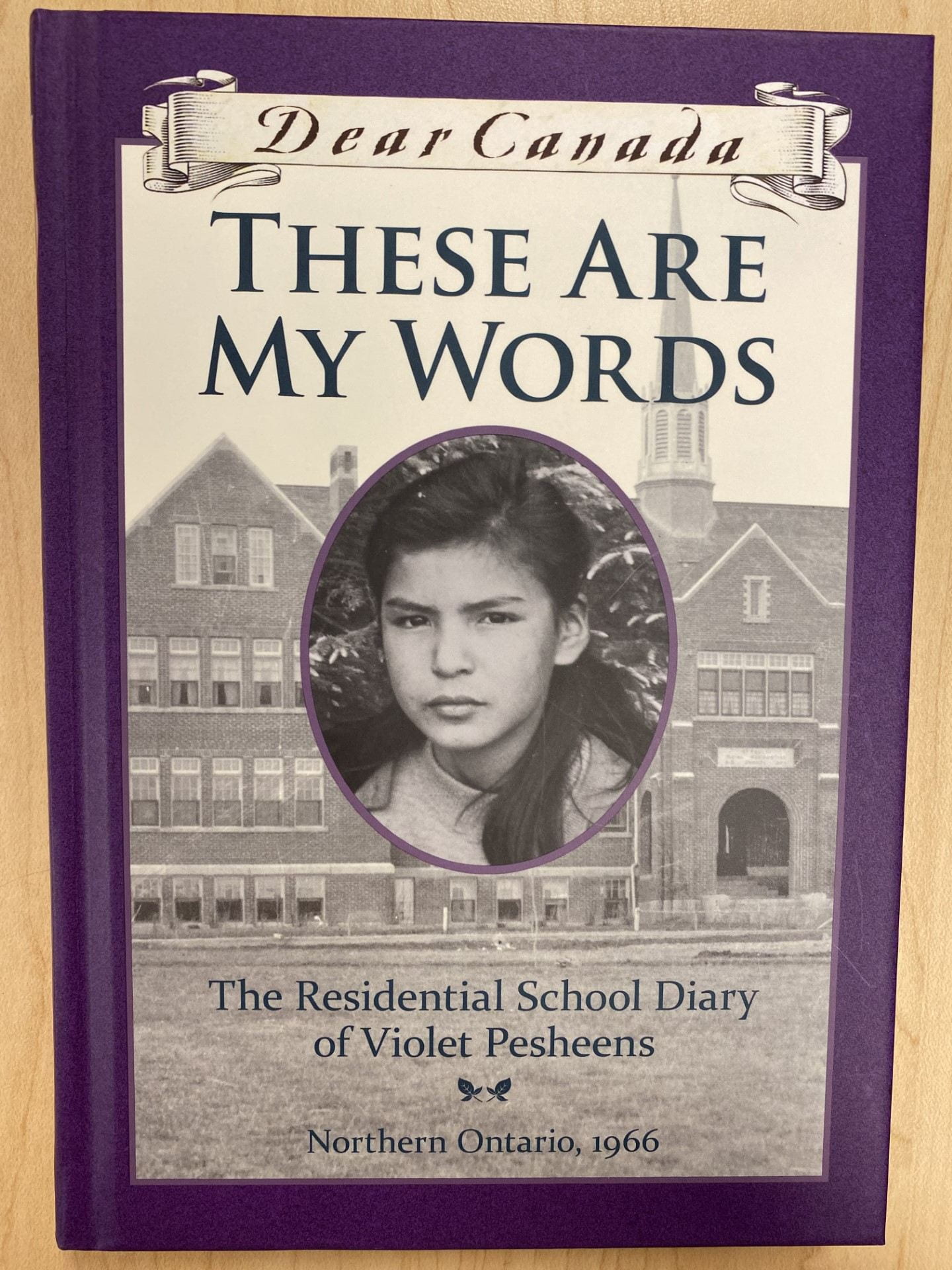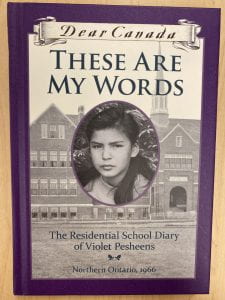
A Thousand Splendid Suns is an eye-captivating story about friendship, sisterhood, and family as they endure many tragedies in a wounded country captivated by the Taliban.
Mariam is the illegitimate daughter of a maid and a wealthy businessman. After a tragic series of events, she is forced into an arranged marriage with Rasheed, an abusive older man. Years later, Laila, a bright and independent young girl, enters Rasheed’s household after losing her family during the civil war. Initially hostile toward each other, Mariam and Laila form a deep bond of friendship and solidarity as they endure Rasheed’s cruelty together.
The novel captures their struggles against the backdrop of Afghanistan’s tumultuous history, including the Soviet invasion, the rise of the Taliban, and U.S. intervention. Through their shared pain, they find strength and purpose.
This story brought many emotions as I read through every chapter. It emphasizes how women were being treated and the use of power being obstructed by authorities. Despite their complicated family arrangements, it showcases the strong consolation between the two women. This story beautifully outlines the meaning of love and friendship in the light of adversity.
Khaled Hosseini is an author of bestseller novel “The Kite Runner” and “And The Mountains Echoed,” which I highly recommend anyone who enjoys this type of genre, which outlines the concept of war, strength, wisdom and strength.



